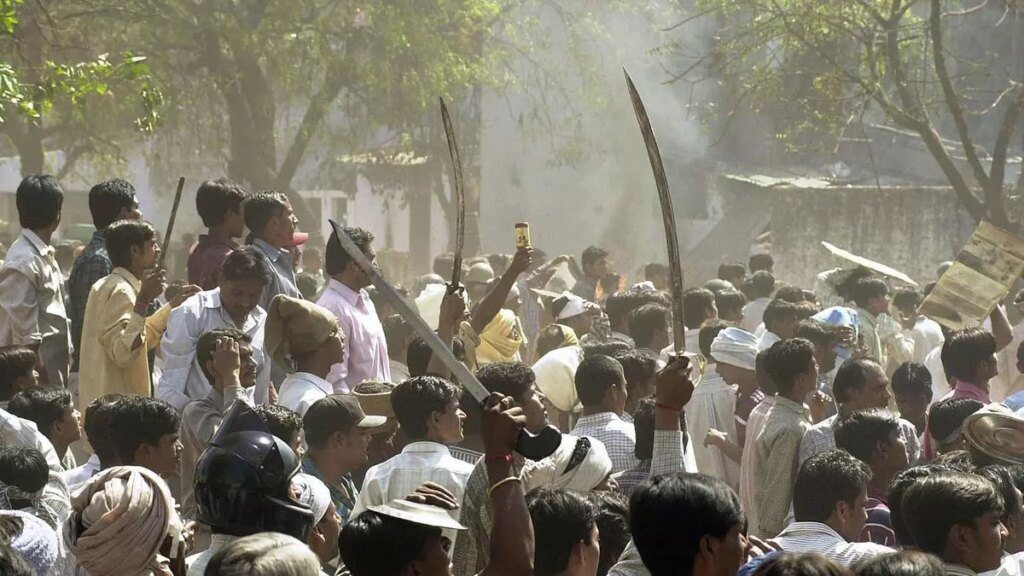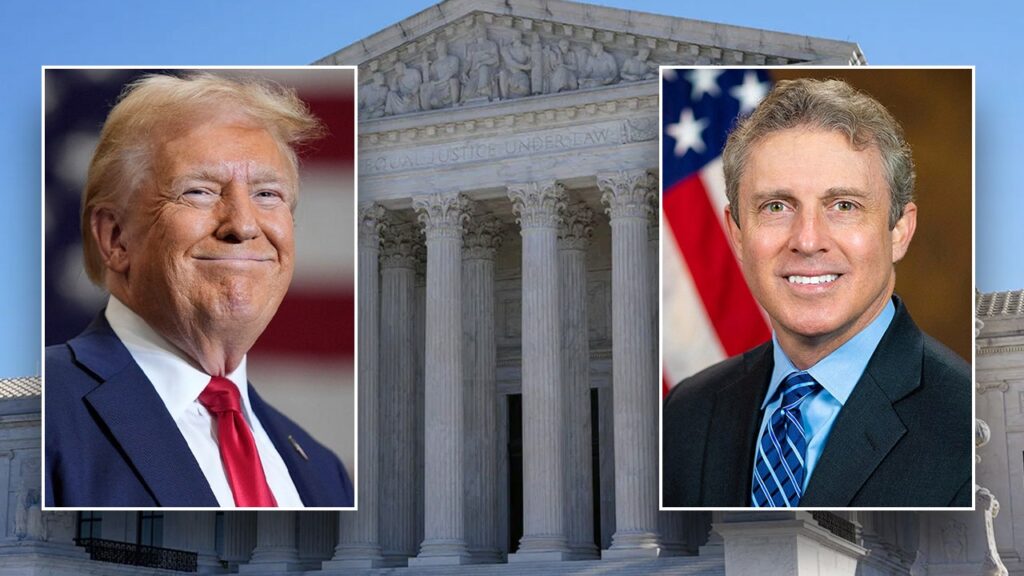Religion, Power, and Society: A Historical Perspective on Faith and Change
Religion is a superstructural institution of human society, alongside entities such as caste, marriage, family, and politics. Modern scholars like Durkheim, Malinowski, and Brown view religion as maintaining social order, while Weber connected Protestant ethics to capitalism’s emergence. Conversely, Auguste Comte’s Positivism viewed religion as superstition, favouring scientific thinking instead. Religious followers typically emphasise either
Religion, Power, and Society: A Historical Perspective on Faith and Change Read More »










